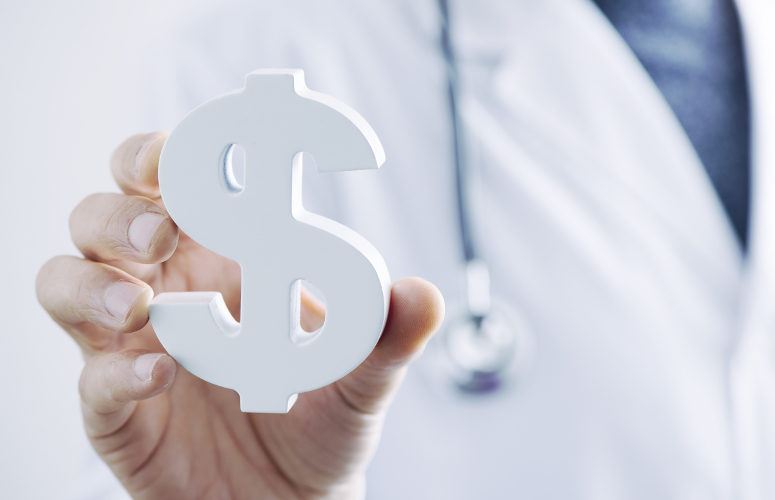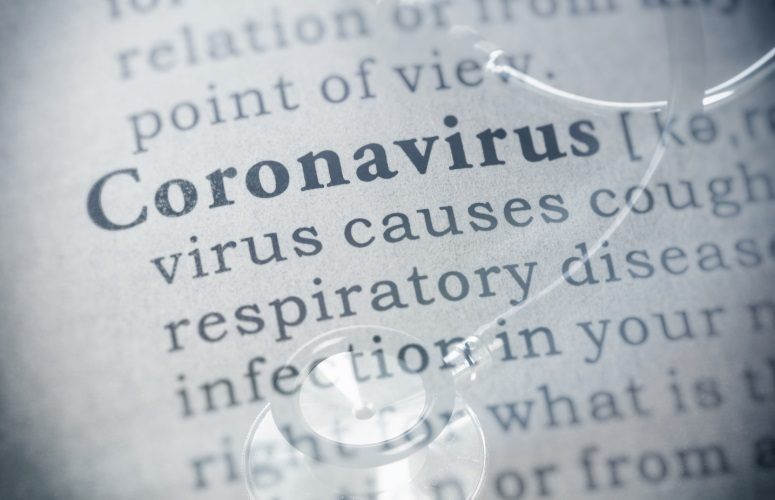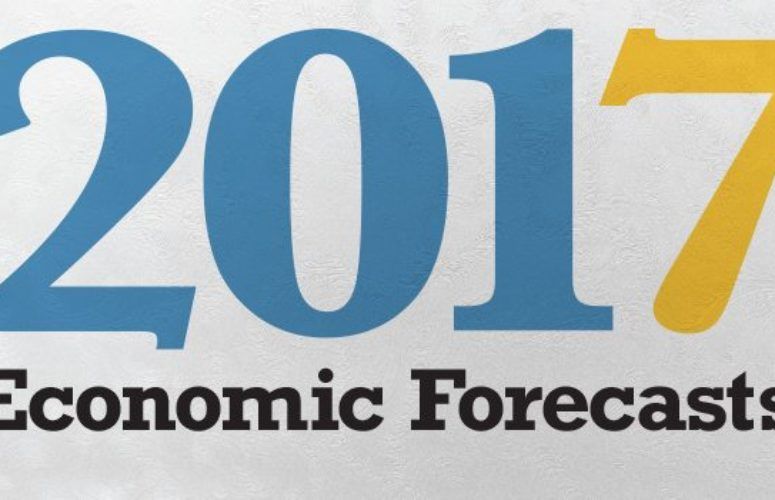
Healthcare Fraud and the CPA
By Deirdre M. Hartmann, CPA, and Myrlande Hector, CPA, Nisivoccia LLP On Apr 29, 2015According to the most recent report issued by the Centers for Medicare & Medicaid Services national healthcare spending for the year 2013 reached $2.9 trillion, or $9,255 per person. It is estimated that approximately 3 to 10 percent, equaling between $87 billion and $290 billion dollars, will be lost to healthcare fraud, waste and abuse. The losses are expected to continue as people live longer, and perpetrators’ schemes become increasingly complex. There is little doubt that this contributes to soaring healthcare costs. It also offers a variety of opportunities for forensic accountants to create a profit center for themselves – and do some social good in the process.
Who Is Cheating the System?
The culprits of healthcare fraud can range from healthcare providers, pharmaceutical companies and even organized crime families. The crimes occur nationwide, from California to New York. In New York, a physician was indicted for billing Medicare $85 million for surgeries that never occurred. In Miami, two defendants were charged in connection with a $23-million pharmacy kickback and laundering scheme. Court documents allege that the defendants paid a pharmacy owner in exchange for Medicare beneficiary information, which was then used to fraudulently bill Medicare for drugs that were never dispensed. Fraud schemes target large healthcare programs, such as Medicare and Medicaid, private healthcare insurers, as well as beneficiaries, who are often elderly Medicare beneficiaries. Fraud can be perpetrated by an entry-level billing clerk all the way up to company officers.
What Is Considered Fraud
The Department of Justice and the Department of Health and Human Services has made healthcare fraud prevention a priority. In 2009, the two departments created the Health Care Fraud Prevention and Enforcement Action Team (HEAT), whose mission is to prevent waste, fraud and abuse of the Medicare and Medicaid programs. The Affordable Care Act also took powerful steps to combat healthcare fraud. Criminals are subject to tougher rules and sentences, providers undergo more scrutiny, such as license checks and site visits, and new technology is used to track the billing patterns to detect suspect behaviors. What is considered healthcare fraud? Some of the most commonly know areas of fraud and abuse include:
- A healthcare provider or facility submitting a claim to Medicare or Medicaid that is known to be false or fraudulent.
- A healthcare provider or facility receiving a kickback for referring patients for tests, such as clinical lab, imaging and radiology and therapy sessions.
- A healthcare provider or facility that bills for a higher level of service than what was rendered. This improper billing practice is known as “up-coding.”
The Forensic Accountants Role
All healthcare programs are subject to fraudulent activities. However, Medicare and Medicaid programs are the most visible. Private insurers are also at risk. As stated earlier, healthcare spending is a substantial share of the economy, representing approximately 17.4 percent of the Gross Domestic Product. The Centers for Medicare and Medicaid Services (CMS) projects that healthcare spending will grow at an average rate of 5.7 percent for 2013-2023. Where there are significant funds, there is also significant risk of fraud. One of the major outcomes of healthcare fraud is that it results in higher healthcare costs for individuals, businesses, as well as the federal government. Government – as well as private funding for improving the detection of healthcare fraud and preventing improper payments – has increased dramatically in the past few years in an attempt to reduce healthcare fraud, waste and abuse. Return on investments in anti-fraud healthcare programs has proven to be quite profitable. Hence, funding to support these programs is expected to continue.
This spells opportunity for forensic accountants. By combining their knowledge of accounting, anti-fraud skills, in-depth knowledge of the healthcare industry and the various types of healthcare fraud that can take place, forensic accountants can provide a wide array of services in this field. Opportunities exist within task forces of the federal and state governments, insurance companies, as well as internal audit departments of healthcare providers and facilities. These employers are looking for highly skilled accounting specialists and fraud examiners who are analytical, detail oriented, and ethical. For example, government employers, such as the Internal Revenue Service, are looking for criminal investigators who investigate healthcare fraud, follow the money trail and prosecute when the fraudulent income is not reported as taxable. Private healthcare providers and facilities themselves may find the need for an internal audit department to ensure their accounting and billing procedures are compliant with current rules and regulations.
Those desiring a career in forensic accounting should obtain a bachelor’s or master’s degree in accounting as well as Certified Public Accountant and Certified Fraud Examiner certifications. For those interested in the criminal investigation area, additional education in criminal justice and law enforcement would be helpful. Those entering this field should know it is a dynamic area where policies and laws change often. A career in healthcare forensic accounting will prove challenging and exciting for those up to the task.
About the Authors: Deirdre M. Hartmann, CPA, is a principal, with Nisivoccia LLP and a member of the New Jersey Society of CPAs Health Care Interest Group. Contact her at [email protected]. Myrlande Hector, CPA, CFE, is a supervisor at Nisivoccia LLP. She is a member of the NJCPA Nonprofit Interest Group. Contact her at [email protected].
Related Articles:






